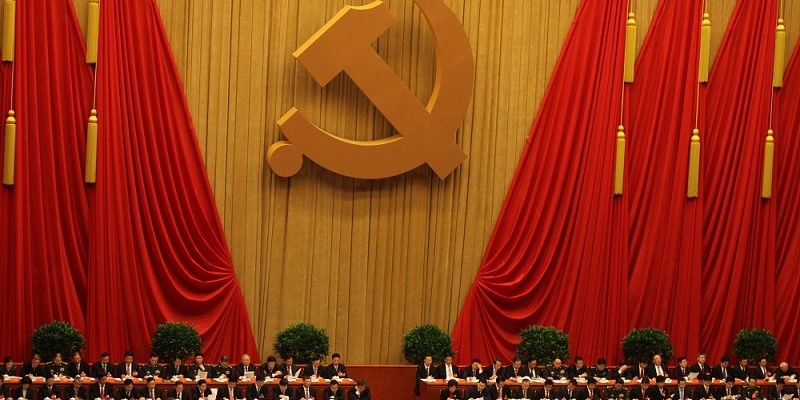China sees trade as tool of state policy, diplomatic weapon

In a recent speech in Montreal, Cong Peiwu, China’s ambassador to Canada, noted that while cooperation between Canada and China with COVID-19 was appreciated, it nevertheless was not enough to compensate for the tense relationship between the two countries and there remained an “outstanding issue for the bilateral relationship.”
The issue (whose name was not spoken) is of course the arrest of Huawei chief financial officer Meng Wanzhou by Canadian authorities after the United States requested her extradition.
If there’s a silver lining to Peiwu’s statement for Canada and the world, it’s that China obviously believes it has gotten the coronavirus situation under control because it would otherwise not push the envelope with such a statement. Obviously, China’s foreign policy now as ever is not about what assistance we have rendered them in the past but what we can do for them now. For a country that everyone assumes behaves with long-run calculated strategic goals, their foreign policy is remarkably present-oriented. Yet Ambassador Peiwu has given us food for thought.
Peiwu is quite right when he says our response to China’s COVID-19 plight is not enough to repair the relationship. However, he misconstrues the Canadian response if he thinks it was somehow about gaining brownie points rather than a demonstration of humanitarian concern. Indeed, our cooperation with China on COVID-19—from providing medical supplies and expertise to not blocking our borders to entry from China—is what members of the community of countries should do, irrespective of their outstanding issues on the economic and foreign policy front.
Moreover, since December 2018, the Canada-China relationship will never be the same. Canadians now have ample and clear evidence that China is a trade and diplomatic partner pas commes les autres.
For starters, China sees trade not as an exchange of goods and services but as a tool of state policy, and will use trade as a diplomatic weapon as demonstrated by the treatment of our exports of pork and canola. This is on top of what can only be termed “hostage diplomacy” in the detention of two Canadians in retaliation for the arrest of Wanzhou. And note the nuance; two Canadian citizens are worth one Chinese citizen.
China is not really a fully market-driven economy but rather is dominated by state enterprises, which behave as pseudo private-sector firms. When dealing with market and rule of law countries such as Canada, it wants our laws to treat its firms and citizens as essentially Canadian, but our firms and enterprises do not receive reciprocal treatment in China. For example, given the amount of property purchased by Chinese investors in Canada, someone should ask Ambassador Peiwu how much property Canadians own in China.
China also pursues an openly mercantilist policy that seeks to grow exports of value-added products while limiting imports mainly to resource inputs to fuel its industry. Again, its state-owned companies are prominent and make foreign investments to build an integrated supply and production chain to fuel domestic production.
China wants to be treated as an important and developed economy on the world stage, yet when it comes to trade it still wants the benefits of preferential treatment as a developing country. In the past, countries gave China preferential treatment in hopes it would develop, embrace democracy and become a full partner in the liberal economic world order. Clearly, this hasn’t happened.
So, thank you Ambassador Peiwu for helping open the eyes of Canadians in a manner that could not have been done without China’s help. And thank you for doing so with your newly-acquired Canadian sense of humour. After all, openly stating that there are no internment camps in Xinjiang and that they are merely vocational training centres is a lot like saying Nakina, Ontario is not a remote town, but merely close to nature.

